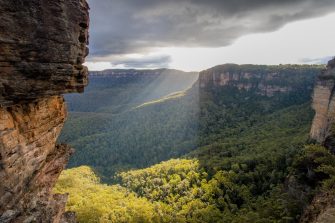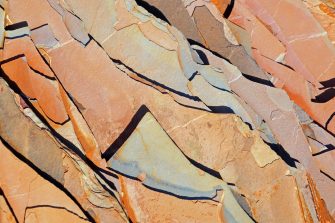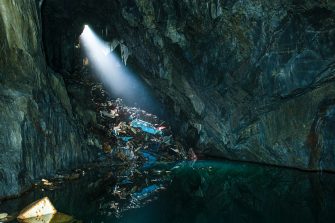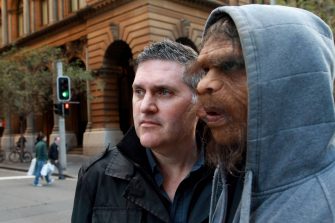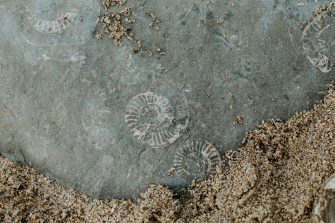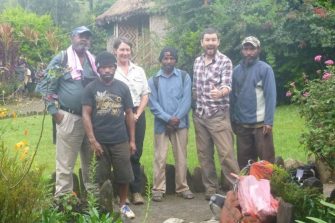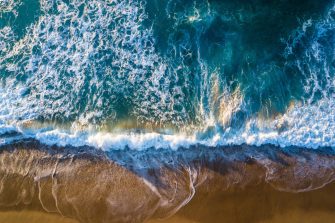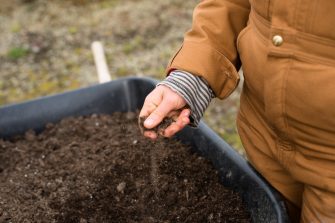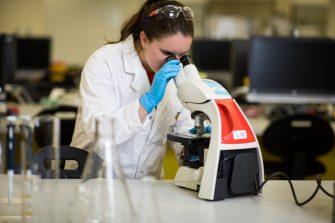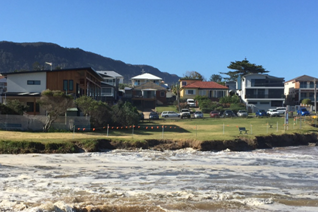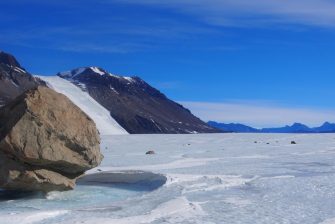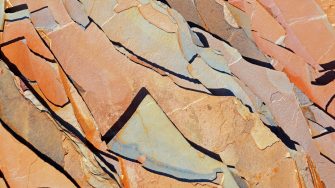
The GEODEE group has been informally running for a number of years and encompasses geological research undertaken at UNSW by current academics, visiting fellows and their students. We focus on geological evolution, ore deposits, mineral exploration and energy.
Project details
-
Academic
Mira van der Ley
Visiting Fellows
Dr David French
Dr Paul Lennox
Dr David Och
Prof. Colin Ward
PhD students
Angela Lay
Leeora Gubbay-Nemes
Dane Burkett
Mira van der Ley
MPhil students
Chad Gardner
Kandy Wang
Sonia Su
Honours students
Vanessa White
-
PhD
Lixin Zhao (CUMT, Beijing; co-supervised by Dr Ian Graham graduated in 2016) – Genesis and evolution of the of critical metal mineralisation within the lowest Xuanwei Formation, eastern Yunnan Province, SW China: implications for the Emeishan LIP and end-Guadalupian mass extinction.
Lei Zhao (UNSW; supervised by Prof Colin Ward, Dr David French and Dr Ian Graham, graduated in 2013) - Mineralogy and geochemistry of Permian coal seams of the Sydney Basin, Australia, and the Songzao Coalfield, SW China.
Kaydy Pinetown (CSIRO; supervised by Prof Colin Ward and Dr Neil Sherwood (CSIRO), graduated in 2012) - Geological controls on coal seam gas distribution in the Hunter Coalfield, Sydney Basin, NSW.
MSc
Asep Permana (UNSW; supervised by Prof Colin Ward, Dr Zhongsheng Li (now CSIRO) and Dr Lila Gurba, graduated in 2011) - Mineralogical variation and changes in the South Walker Creek coals, Bowen Basin, Queensland, Australia.
Contact Details
Dr Ian Graham
School of Biological, Earth and Environmental Sciences
University of New South Wales
Phone: (02) 9385 8720 / 0435 296 445
E-mail: i.graham@unsw.edu.au
Prof. Colin Ward
School of Biological, Earth and Environmental Sciences University of New South Wales

